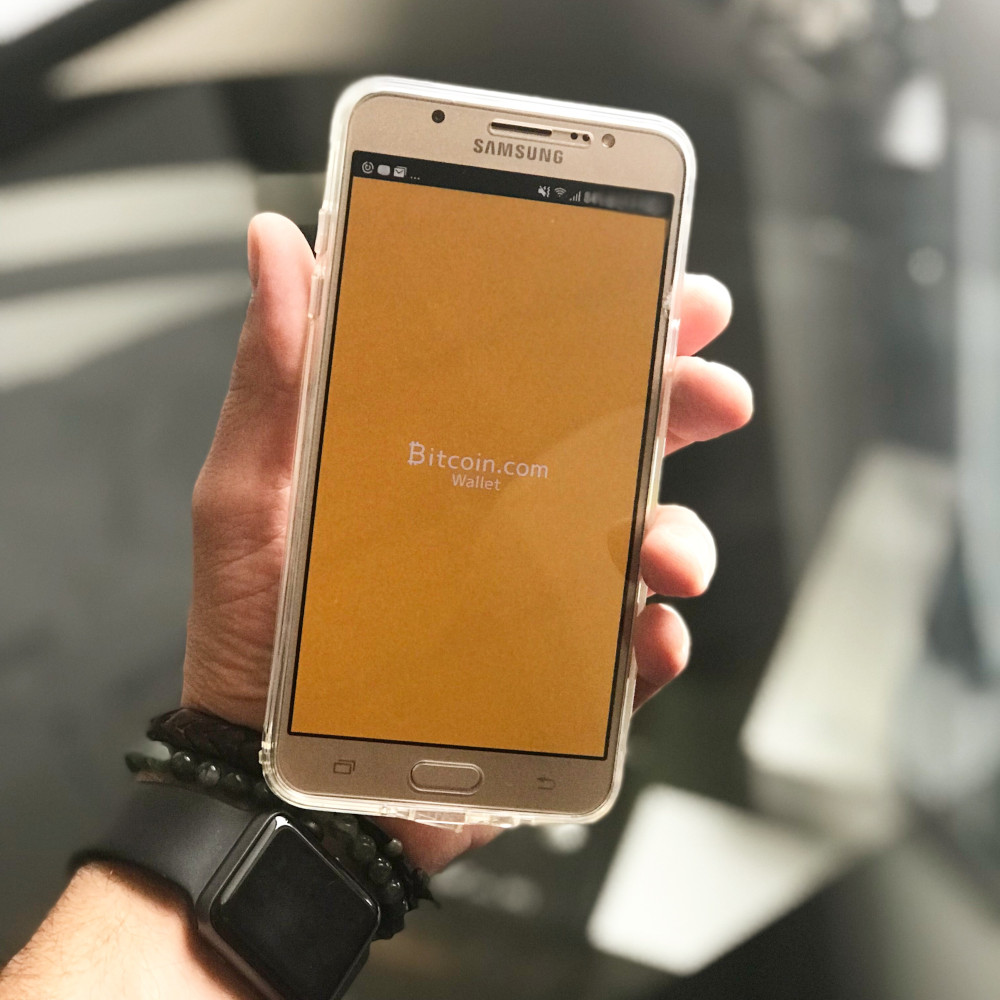A Sneak Peek
Bitcoin is an alternative currency that was announced in 2009 by a mythical person using a false name Satoshi Nakamoto. Transactions are made with no intermediate agents, meaning, no government bodies, or banks. Bitcoin can be used to make hotel and travel bookings, buy furniture and games. People compete to “mine” bitcoins using computers to fix intricate math riddles. This is how bitcoins are formed.

Trading with Bitcoins
Trading in bitcoin through a website like crypto engine is the new trend of the millennial and the price of bitcoin had hit the roof into the thousands in 2017. Bitcoins can be used to buy stock secretly. Further to this, global payments are seamless and inexpensive because bitcoins are not linked to any nation or under any specific guidelines. Small and medium businesses may prefer them as there are no credit card charges. Some financial buffs may purchase bitcoins for investment purposes, with the desire that these products will reach skyrocketing heights at a price.
People can transfer bitcoins to each other through mobile apps or their processers. It’s just like to despatching cash digitally.
The function of Blockchain in Bitcoin Transactions
The bitcoin blockchain is a public register that documents all bitcoin dealings. It is executed as a chain of blocks, each block comprising a mesh of the former block up to the origin block] of the chain. A system of communicating pivots operating bitcoin software regulates the blockchain. Transactions of the payer, receiver, and again payer are chronicles to this network using widely available software systems.
Network nodes can authenticate transactions, add them to their version of the register, and then publish these ledger embellishments to other points. To achieve sovereign corroboration of the chain of proprietorship, each network points preserves its copy of the blockchain. At variable breaks of time approximating to every 10 minutes, a new cluster of acknowledged transactions, called a block, is formed, added to the blockchain, and swiftly printed to all nodes, without necessitating central endorsement. This permits bitcoin software to control when a particular bitcoin was disbursed, which is needed to prevent extra and duplicate spending.
After an initial outbreak of interest among traders in acknowledging bitcoin in their retail or online outlets, attention has mostly deceased down as swelling bitcoin transaction charges and unpredictable price fluctuations made it less appealing as a means of exchange. That doesn’t mean that there are no channels to spend the bitcoin/ A 2019 review conducted by an insurance company discovered that more than one-third of U.S. small and mid-sized productions receive cryptocurrency, and 59% of them buy digital currencies for their usages. Among the rewards of running a business with cryptocurrency is the comfort of cross-border dealings, and the secrecy of the matter. By dealing with bitcoin, merchants get entree to a broader commercial space and don’t have to be concerned so much about chargebacks since bitcoin dealings are irretrievable.
Uses of Bitcoins
If anyone wants to utilize bitcoin to buy presents, the most common and best solution is gift cards, through various aggregators like eGifter and Gyft. The recipient will then be in a position to spend the gift card at one of the broad spectrums of retailers. Bitcoin also comes with immensely low transaction charges for overseas payments. Regular wire transfers and foreign purchases ideally encompass fees and exchange costs. Since bitcoin transactions have no midway institutions or government intervention, the prices of dealings are kept very bare minimum. This can be a significant benefit for travellers.
Furthermore, any transfer in bitcoins happens very swiftly, eradicating the botheration of typical endorsement requirements and prolonged intervals. Like other online payment systems, bitcoin users can pay to use their coins wherever they have access to internet connectivity. This means that purchasers ever have to visit a bank or an outlet to purchase a product. However, contrasting to online payments made banks, accounts, or credit cards, private information is not obligatory to process any deal. As because users can send and receive bitcoins with only a mobile phone or computer, bitcoin is notionally available to people of users without admittance to conventional banking systems, credit cards, and other forms of payment methods.
A traditional ledger archives the transfers of actual bills or promissory notes that prevail apart from it, but the blockchain is the only thing that bitcoins can be assumed to exist in the form of unspent yields of dealings.